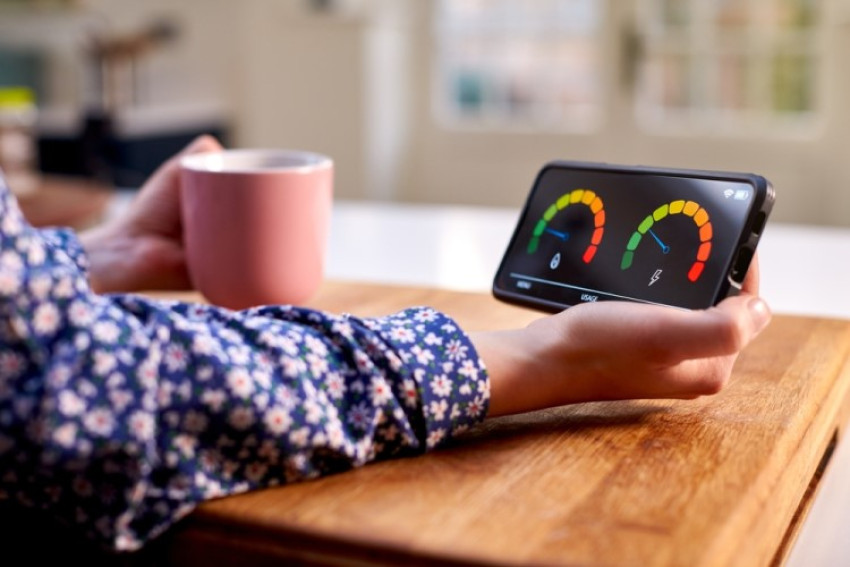
In today's world, where sustainability is at the forefront of our collective efforts, the energy sector assumes a pivotal role in charting a path towards a greener and more environmentally conscious future. At the heart of this transformative journey lie smart energy meters, emerging as a central technological innovation poised to facilitate this transition. These remarkable devices are redefining the way we consume and manage energy, making it not only more efficient but also more eco-friendly. In this article, we shall embark on an exploration of the realm of smart energy meters, delving into their myriad benefits, diverse applications, and the significant role they play in paving the way for a sustainable future.
The Evolution of Energy Meters
Energy meters have traversed a long and transformative path since their inception. The traditional meters, once limited to the measurement of energy consumption, offered little in terms of control or insights. In stark contrast, smart energy meters have evolved to become much more than mere measurement devices.
Understanding Smart Energy Meters
Smart energy meters represent a sophisticated class of measuring instruments that extend beyond the recording of energy consumption. They offer real-time data and communication capabilities, often equipped with two-way communication features that facilitate the seamless exchange of information between energy providers and consumers.
The Advantages of Smart Energy Meters
The adoption of smart energy meters ushers in a multitude of advantages, transforming the way we manage and consume energy.
- Enhanced Energy Efficiency
Smart meters empower consumers to monitor their energy usage in real time. This heightened visibility leads to more mindful and conscientious energy consumption, reducing energy waste and, ultimately, lowering energy bills.
- Integration with Renewable Energy
In an era marked by a shift towards sustainable energy sources, smart meters seamlessly integrate with renewable energy systems. They allow homeowners to monitor the generation, consumption, and even sale of excess energy back to the grid.
- Enhanced Billing Accuracy
Smart meters eliminate the need for manual meter readings, reducing the likelihood of human errors and ensuring precise billing. This proves advantageous both for consumers and utility companies.
- Swift Detection of Outages
Smart meters can instantaneously detect power outages, enabling utility companies to respond promptly and restore services on time.
Applications of Smart Energy Meters
The applications of smart energy meters span various sectors, serving various purposes:
Residential Use
In residential settings, smart meters assist homeowners in managing their energy consumption efficiently. They provide valuable insights into the optimal times for running appliances, leading to significant cost savings.Commercial and Industrial Sectors
Within businesses, smart energy meters enable meticulous energy management, helping companies reduce operational expenses and advance their sustainability initiatives.Grid Management
For energy providers, smart meters provide real-time data on energy consumption, facilitating the optimization of the distribution network and reducing energy losses.
The Road to a Sustainable Future
Smart energy meters represent a critical step towards a sustainable future.
- Empowering Individuals: These meters empower individuals to take control of their energy consumption, thereby reducing their carbon footprint.
- Environmental Benefits: By minimizing energy wastage, integrating renewable energy sources, and optimizing the energy grid, smart energy meters significantly contribute to reducing greenhouse gas emissions.
Conclusion
In conclusion, smart energy meters are not mere devices for measuring energy consumption; they are the bedrock of a sustainable future. Their capacity to enhance energy efficiency, integrate renewable energy sources seamlessly, and reduce billing discrepancies propels us towards a more environmentally conscious and sustainable world.






